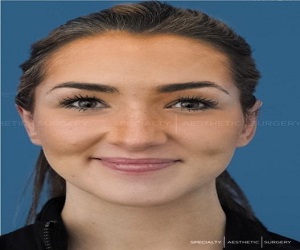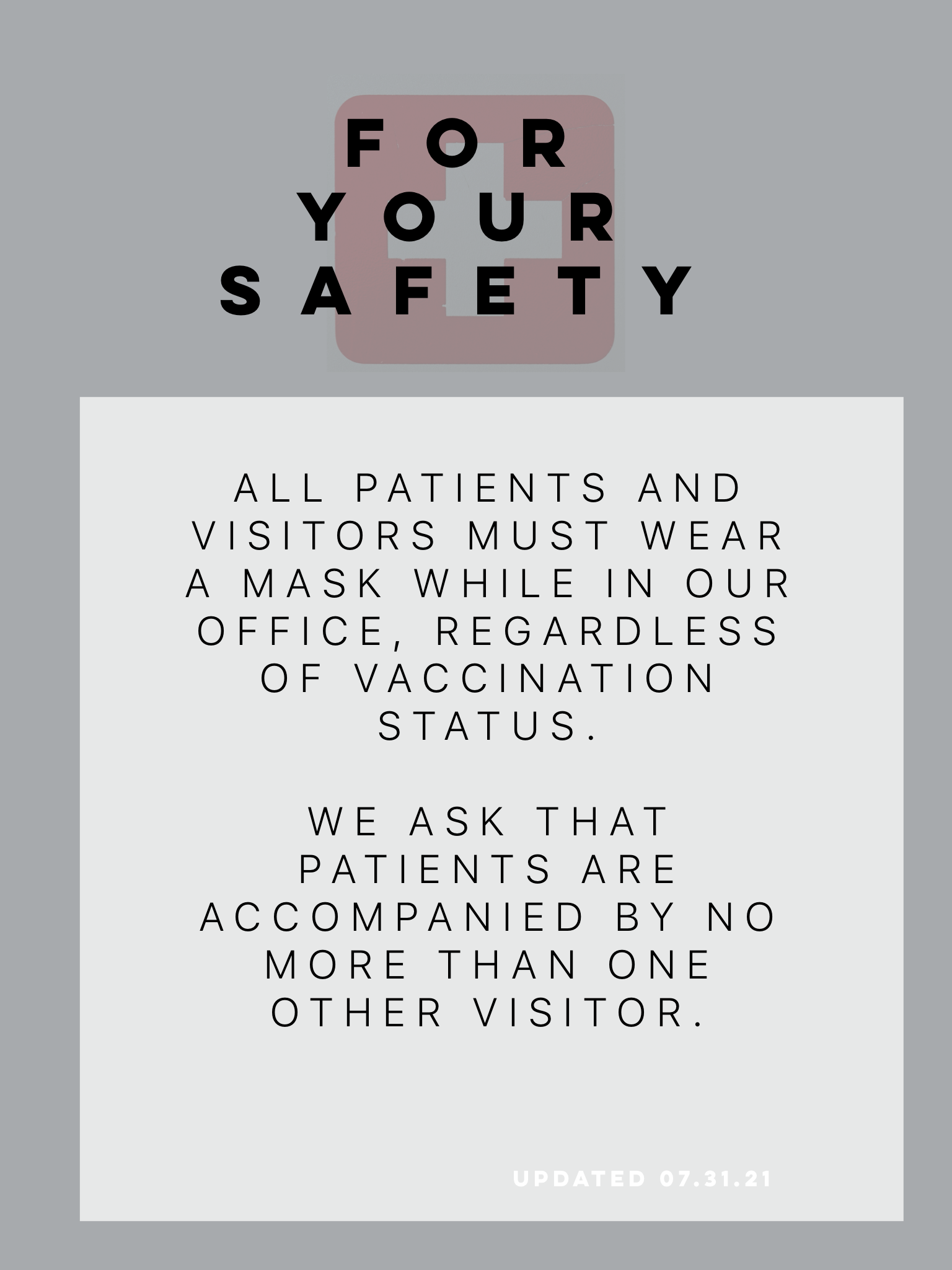Am I a Candidate for Ear Surgery?
Many people make good candidates for ear surgery, including children. Your ear cartilage has fully developed by age five, so children of this age or above can usually have otoplasty. Children often benefit significantly from ear surgery because it helps them avoid teasing or bullying while improving their self-esteem.
Adult and child candidates for ear surgery are healthy and have reasonable expectations. Children should be able to understand what to expect during and after the procedure. Your Specialty Aesthetic Surgery team has extensive experience guiding younger individuals through otoplasty.
Good candidates for ear surgery have concerns about the position or size of their ears. These issues can make your ears more noticeable. You may also be a good candidate if your ears are oddly shaped from birth or due to an accident.
How Does Otoplasty Work?
Children usually have ear surgery under general anesthesia for their comfort. The type of anesthesia or sedation may vary for adults. Your surgeon will make incisions behind your ear and manipulate the cartilage to change the size or position of the ear. They may remove a piece of cartilage or use sutures to pin the cartilage in a new position. Your surgeon will explain the details of your or your child’s procedure so you feel comfortable.
How to Prepare for Otoplasty
Ear surgery for adults does not require extensive preparation. However, younger children will need you to help them understand what to expect. Before ear surgery, we recommend following these steps:
- Avoid smoking or alcohol consumption
- Avoid NSAIDs like aspirin and ibuprofen
- Stop taking any supplements that increase bleeding
- Schedule appropriate time off from school or work
Your SAS team may provide you with other instructions. Follow all guidelines carefully to ensure a safe, successful procedure. Feel free to contact us if you have any questions in the days leading up to your ear surgery.
What is Recovery Like After Ear Surgery?
Ear surgery usually takes about two hours, and you can return home afterward. You can expect some swelling and soreness lasting several days. You can shower after 48 hours but use caution around the ear area. You will also have a special headband to wear that helps your ears form into their new position. You may have to monitor younger children to prevent them from removing this headband, which you will wear for about a week.
Most people take a week off from work or school to recover from ear surgery. You can return to most of your usual activities at this time. Your surgeon will tell you when you can resume strenuous activities and swimming, usually after several weeks. Swelling can take a few months to resolve fully, and your results will continue to improve as your ears settle into their new position.













